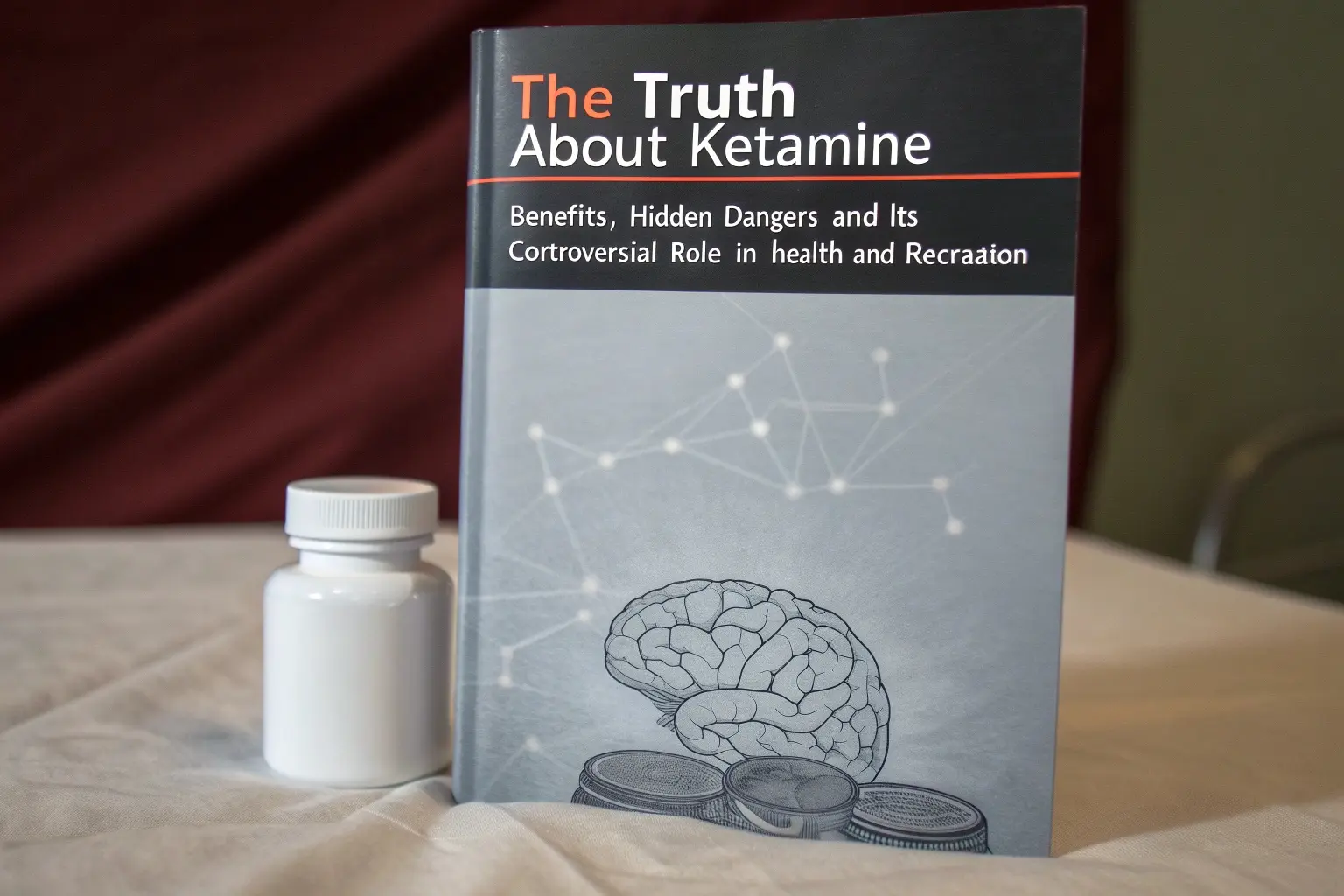Why I Eat 3 Eggs Every Day—and You Probably Should Too
Carnivore dieters swear by eating eggs daily—and not without reason. Packed with nutrients, eggs support mood, hormones, and digestion. Turns out, they’re not the enemy—we just misunderstood them.

The Carnivore Crowd Eats Eggs by the Dozen. What Do They Know That We Don’t?
If you’ve spent more than five minutes scrolling through nutrition Twitter or biohacker YouTube, you’ve probably come across the carnivore diet — a way of eating that centers entirely around animal products. And while the movement is controversial, one thing’s for sure:
They eat a lot of eggs.
Some carnivore followers eat six to twelve eggs per day, and not as a treat — but as a cornerstone of their daily nutrition. Why? Because eggs are one of the most bioavailable, nutrient-dense, and digestively easy foods available in the animal kingdom. They’re essentially the perfect package: fat, protein, micronutrients, and no plant-based anti-nutrients or fiber that might trigger gut issues in sensitive individuals.
People thriving on this way of eating report:
- Better mental clarity and mood
- Improved digestion and reduction in bloating
- Higher testosterone and hormonal balance
- Clearer skin and reduction in inflammatory symptoms
Now, I’m not saying you need to go full carnivore to feel these benefits—but the fact that people are building entire lifestyles around eggs and meat, and feeling better, not worse? That should tell us something.
The Cholesterol–Heart Disease Link: A Story That Should’ve Been Retired 20 Years Ago
Let’s talk about the biggest reason people still fear eggs: cholesterol. It’s time to get this part straight, once and for all.
What the old science said:
“Cholesterol in food raises your blood cholesterol, and high cholesterol causes heart disease.”
This was the dominant belief for decades. And it led to the demonization of egg yolks, shellfish, red meat, and just about everything our ancestors thrived on.
What the updated science shows:
It’s not that simple. In fact, it’s almost the opposite.
Most people’s bodies regulate their own cholesterol production. When you eat more cholesterol (like from eggs), your liver produces less. When you eat less, it makes more. It’s a self-balancing system in most healthy individuals.
The real issue isn’t cholesterol itself—it’s inflammation, oxidation, and metabolic dysfunction. These are the underlying causes of heart disease, and eggs aren’t the villains in that story.
In fact, recent studies have found:
- Eating up to three eggs per day does not raise heart disease risk in healthy individuals.
- Some individuals even experience improved cholesterol profiles with more eggs—higher HDL (“good cholesterol”) and larger, less dense LDL particles, which are less likely to contribute to plaque buildup.
- Saturated fat and dietary cholesterol were officially removed as “nutrients of concern” in the 2015–2020 U.S. Dietary Guidelines—because the evidence simply wasn’t there.
The Real Risk? Ultra-Processed Carbs and Sugar
If we’re pointing fingers at what’s truly driving heart disease and metabolic breakdown in modern life, we need to look at:
- Refined sugars
- Seed oils
- Highly processed grains
- Low-quality, industrial food products
Not whole eggs.
We’ve spent decades blaming animal fats and cholesterol, and what do we have to show for it? Higher rates of heart disease, type 2 diabetes, obesity, and autoimmune issues. Maybe it’s time to reevaluate what “healthy” actually looks like.
Read About: What Is the Healthiest Diet in the World? Here’s What I’ve Learned (and What I Eat Now)
So, How Many Eggs Should You Eat?
The answer depends on your body, your health goals, and your lifestyle—but if you’re a healthy adult:
- 3 eggs per day is not just safe—it’s optimal.
- 4–6 eggs per day? Still within reason for many people, especially if paired with exercise, a clean diet, and no other health complications.
- More than that? Plenty of people do it and thrive—but talk to a knowledgeable, non-dogmatic doctor or functional nutritionist if you’re unsure.
For context: Some athletes and low-carb advocates eat 12 eggs a day regularly. And clinical studies haven’t shown harm in doing so—at least in the short-to-mid term.
Final Word: Eggs Deserve a Comeback. A Big One.
Eggs were never the problem. Misguided science, industry-funded fear campaigns, and lazy headlines were. Now that we know better, we can do better.
If you’re looking for a food that’s:
- Affordable
- Accessible
- Versatile
- Nutrient-dense
- And easy to digest
…it’s hard to beat the humble egg.
So yes, I eat three eggs every day. Sometimes four. And I’ll probably keep doing it for a long time—because it works.
You don’t need to follow the carnivore diet, but you might want to learn from it. Real food heals. Eggs lead the charge.
Written by Gloria Lancer
Gloria is a wellness journalist and researcher with a passion for functional nutrition, hormone health, and dismantling food fear. She’s currently writing a guide to the foods we were told to fear—and why we should eat them anyway.








